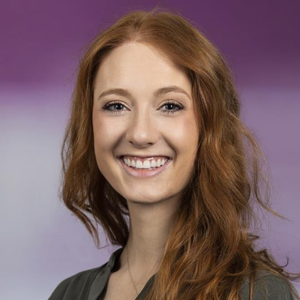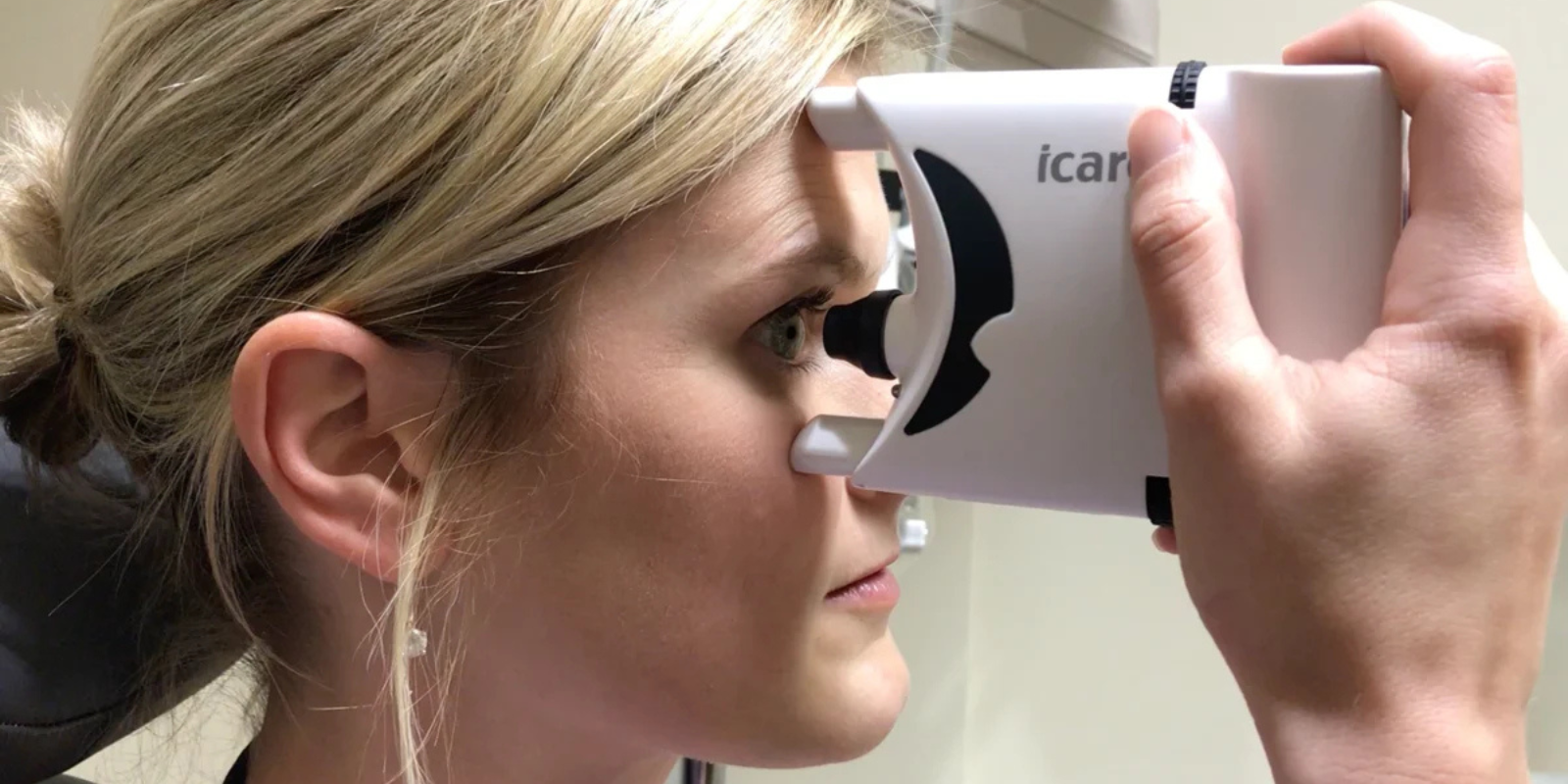When Erin Major, OD, a pediatric optometrist in the Department of Ophthalmology at the University of Colorado School of Medicine, sees a patient at Children’s Hospital Colorado for the first time, she starts with a simple question: How do you say your name?
Major then makes a quick note of that pronunciation in Epic, a charting software that can be personalized to each institution that uses it, so that the next doctor, nurse, or staff member at Children’s Colorado who interacts with the patient also gets it right. The tool that allows users to input name pronunciation doesn’t come standard on Epic, but Major pushed for it to be implemented at the hospital last year after completing the Captains of Inclusion Development Program, which focuses on health equity and creating an inclusive environment.
“It’s a simple thing that we can do as health care providers to make patients feel comfortable and welcome,” she says. “Your name is such an important part of your identity and getting it right is huge.”
A tool for better patient engagement
Hospital clinics can be busy places, so even after asking a patient two or three times how they say their name, it might not stick.
“I had that happen with a patient, and I could tell that the family was frustrated by it, and they were right to be,” Major says. “It really inspired me and put into perspective how important it is and how much it matters to get this detail right. This tool makes it easier to make sure we’re doing all that we can to create an inclusive environment.”
Before the tool was implemented, Epic users at Children’s Colorado could use a digital sticky note, but Major says it wasn’t ideal because it could pop-up on the screen and wasn’t intentionally designed for the purpose of recording name pronunciation. The new tool is integrated into the patient profile and appears when the user hovers over the patient’s name.
“It only takes about 30 seconds to complete, and it can make a big difference,” Major says. “These patients light up when you say their name correctly, especially when it’s commonly mispronounced.”
Improving the system name by name
After about a year of use, Major says the new Epic tool also helps the hospital and its staff build trust among patients and their families.
“We shouldn’t underestimate how much impact saying a name correctly has,” Major says. “When everyone throughout the organization is able to pronounce your name correctly, that’s something that the patient and their family remembers. Even if it’s on a subconscious level, they walk out of our doors with a more positive feeling."
Seeing the difference the tool has made, Major says she hopes other institutions adopt the tool and use it, too.
“It would be great if it was universal,” she says. “We’ve seen how impactful it is here, so I’d encourage others incorporate it as well. We're already asking patients how to pronounce their names, so this tool makes it much easier on providers and staff during our hectic clinic days. It makes it easier for us while also helping the patient feel seen."


.png)

